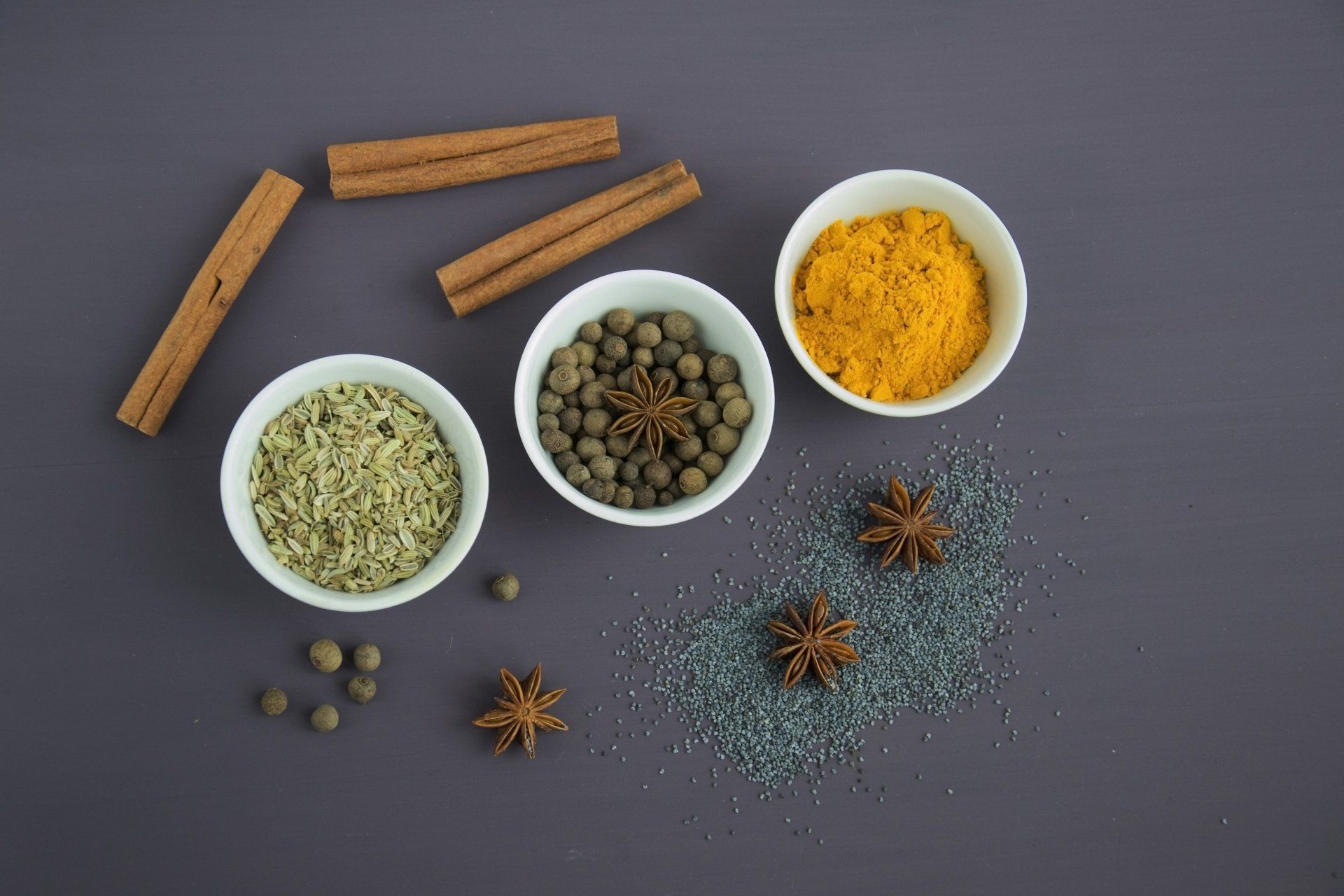Do home remedies improve your health?

Most people, if not all, have gotten sick from minor illnesses, such as the common cold or flu, skin rashes, and toothaches. Others may have medical conditions that require medical interventions.
Either way, home remedies have been tried in most households.
So much is written about remedies in your kitchen or over-the-counter supplements.
Can home remedies improve your health, though?
Some home remedies may improve your health or relieve symptoms depending on the severity of your health condition, but they may not always be effective for chronic medical conditions.
Some of the questions to ask yourself before and while taking home remedies are:
- Are they really effective?
- How do I know that they are effective?
- Do they need to be combined with something else to be effective?
- Are there any potential interactions?
- Is a lifestyle change more effective?
Vitamin C
Vitamin C is known to be effective.
Vitamin C is a supplement used mainly to boost the immune system. It is considered generally safe. Evidence shows that a targeted daily dose may help treat colds and flu.
Primrose
While most home remedies are known to be effective for minor health conditions, some are less effective than others. For example, Primrose, used to treat eczema, is not effective in relieving itching, and researchers could not find it beneficial to eczema.
Cinnamon
Cinnamon is in many spice drawers. People believe it helps diabetes, but no evidence shows it improves any medical condition.
When used in large amounts, it may be bad for your liver.
Cinnamon is associated with other complications such as mouth sores, lower blood sugar levels, and difficulty breathing.
Elderberry
Some home remedies require combining them with other supplements to be effective. Consider the herb elderberry. It is more effective when used with vitamin B, vitamin B6, and vitamin E.
Tumeric
Turmeric is a commonly talked about remedy found in most households. The component curcumin is said to help with joint pain in people with osteoarthritis.
Also, turmeric is more effective and absorbs better when taken with black pepper.
More research is required to explore its benefits on depression and dementia.
Possible interactions with other medications
Home remedies can pose serious problems if taken with prescription medications. Talk to your doctor before starting any new medications or supplements.
For example, elderberry is considered a diuretic and could cause complications if you take other medication.
Is a Lifestyle Change more effective?
Lifestyle changes will not always keep you from getting sick, as in the case of contagious illnesses. But overall, healthy lifestyle changes improve the quality of life and may minimize the chances of getting sick.
We’ve all heard the line “prevention is better than cure.” Healthy choices may prevent sickness or even improve a disease. Some of the changes necessary to have a healthier life are
- Eating natural foods
- Avoiding processed foods
- Drinking plenty of water
- Avoiding stress
- Stopping smoking
- Checking your blood pressure
- Washing your hands regularly
In conclusion, most people choose home remedies because they are readily available, cheaper, and may be effective for minor health problems. They may even help you avoid a trip to the doctor or be helpful for those with limited access to healthcare. However, always talk to your doctor before adding new supplements or other remedies. Also, talk to your doctor if
- Symptoms persist even with the use of the home remedy
- You have an underlying medical problem
- The symptoms become unbearable
- You develop an obvious reason that something is wrong, such as nausea, vomiting, or abdominal pain
Sources
https://www.nycpainspecialists.com/blog-1/2020/7/2/the-effectiveness-of-home-remedies
https://www.webmd.com/balance/ss/slideshow-home-remedies
https://www.healthline.com/health/home-remedies#chili
Thank you for reading Patient Education Essentials, the Write Shift RN blog.
Disclaimer: This article was written as a guest post for Write Shift RN LLC's blog. The information in it may not be wholly fact-checked or edited, allowing the reader to see the writer's work and skills firsthand. This information is not intended as medical advice. It is for informational and educational purposes only. Always talk to your doctor or other qualified healthcare providers about any questions or concerns you may have regarding medical conditions.











